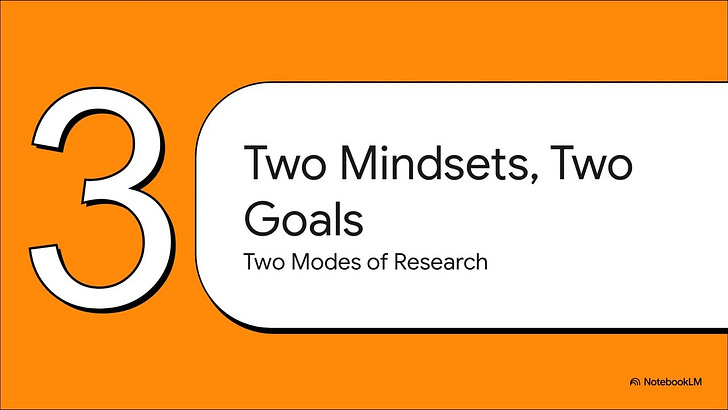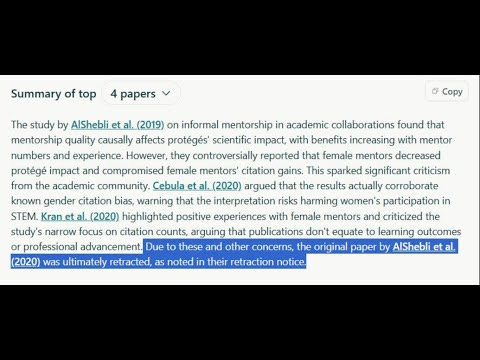
In the first part of this series, I covered EBSCOhost’s new Natural Language Search (NLS) which uses a Large Language Model (LLM) to expand a user's input query to a Boolean Search Query and used to run over the conventional search system. In this article, I will focus on Web of Science’s Smart Search first launched in April 2025. Similar to the offering from EBSCOhost, this is bundled with your product at no additional cost.







